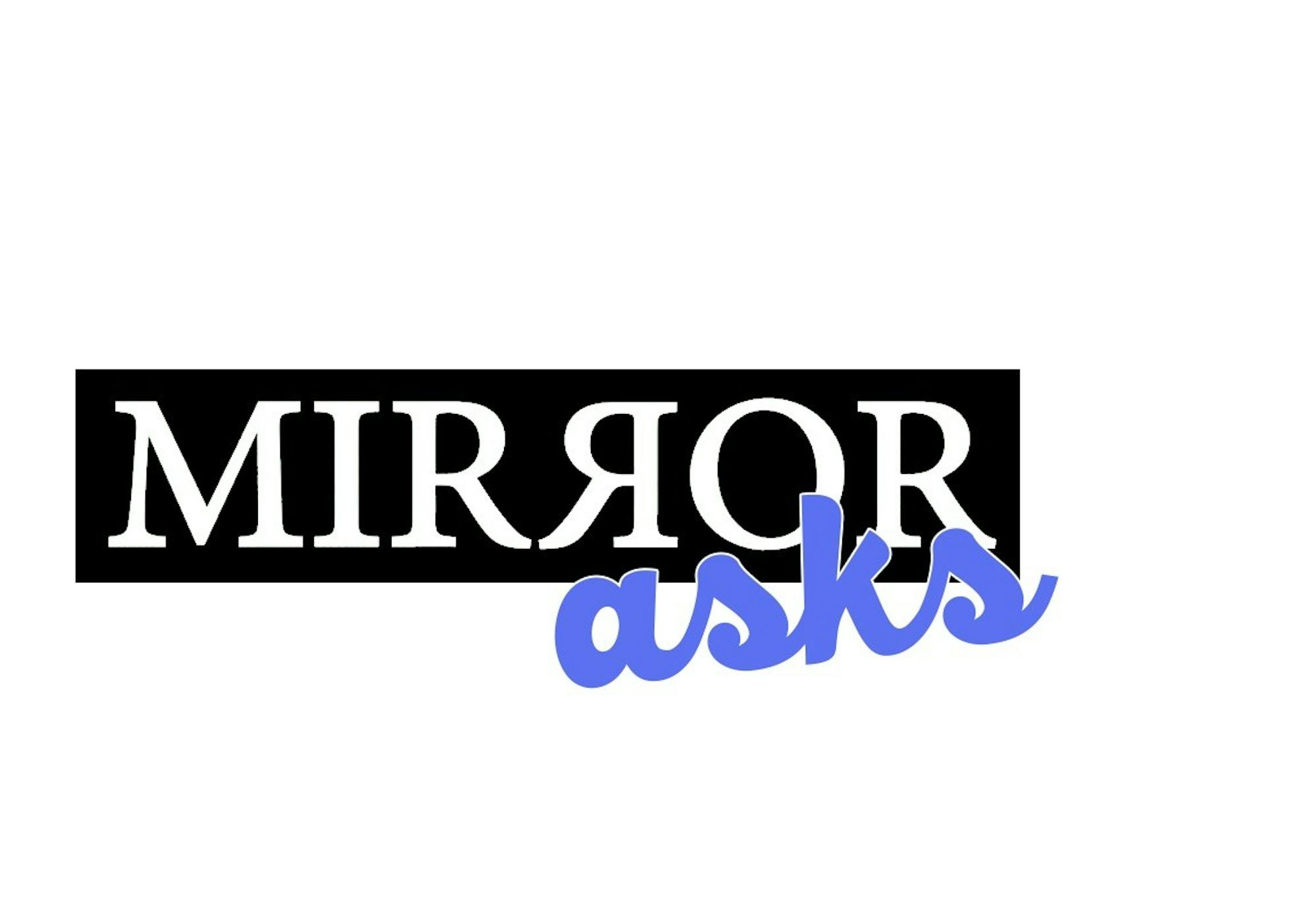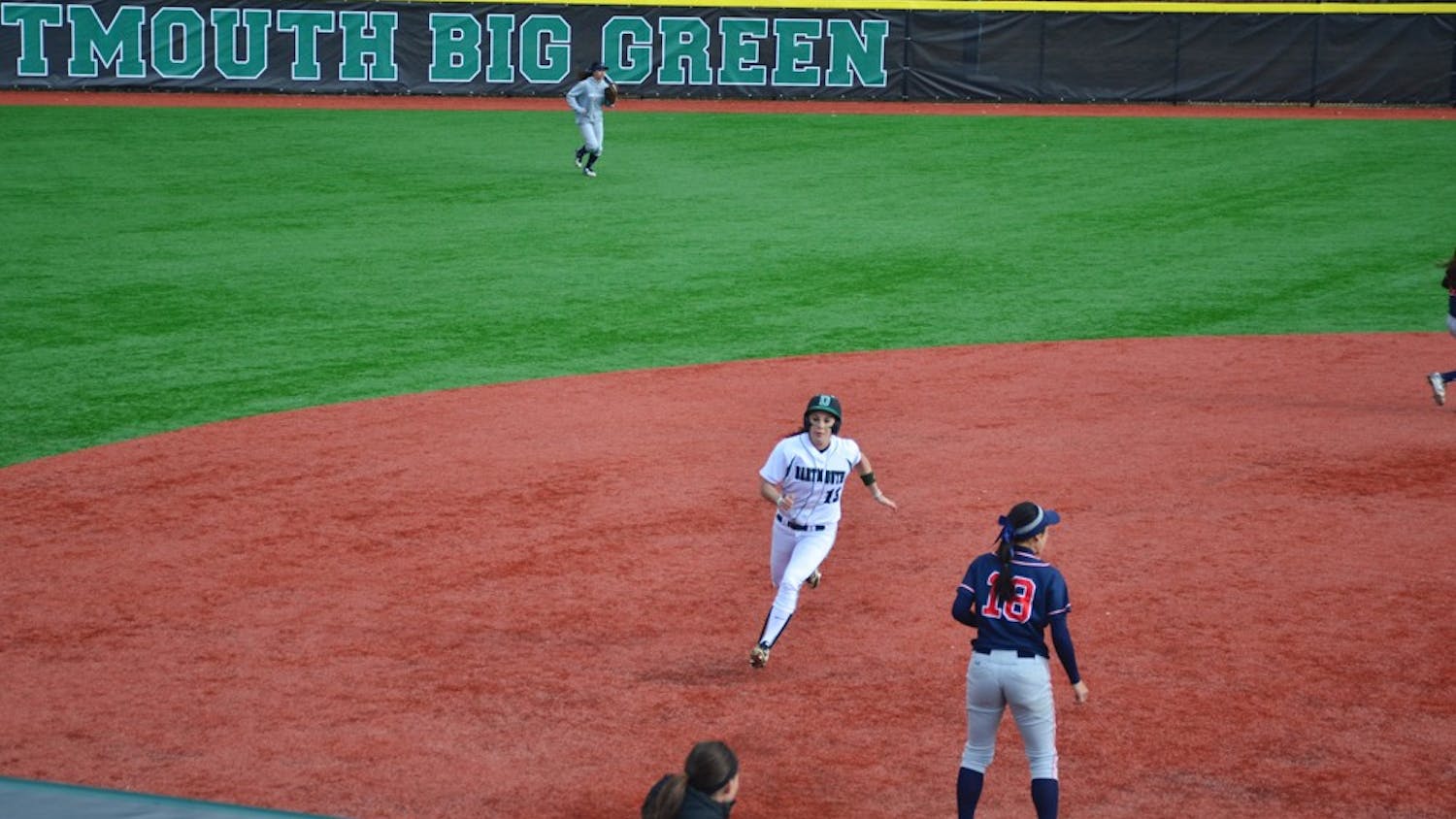Where do you feel the most included on campus?
Lucas Joshi ’23: Dartmouth Hall. I love the cultural exploration of the Spanish and Portuguese Department.
Anne Johnakin ’23: With my group of friends. They’re all so nice, and I don’t have to be afraid of being myself around them.
Christina Baris ’22: My freshman year dorm was the first place that truly felt like home on campus. I’ve met some of my best friends there, so it’ll always be a super important place to me.
Elizabeth Whiting ’21: I probably feel most included with my friends. Generally, no matter what they might be up to, I feel welcome to join in (within reason).
What is the boldest thing you have done at Dartmouth?
LJ: The first time I ever used my DASH dollars at Collis Market. Needless to say, I have not been able to stop since.
AJ: I haven’t done anything bold yet, but one of my New Year’s resolutions is to be more confident and sure of myself, so I’m excited to do things that scare me this term.
CB: I’m pretty risk averse, so most of the bold things I want to do are still on my Dartmouth bucket list. In general though, I’d say I’ve learned to be much less scared of rejection since coming here.
EW: The boldest thing I have done at Dartmouth was probably walking on to the heavyweight crew team as a freshman as a coxswain. Coming from Santa Fe, NM I had absolutely no clue what crew was, let alone that rowing could be a sport, but I jumped in and tried to make it.
What does women’s suffrage mean to you?
LJ: The continued empowerment of all the women I am lucky enough to see every day, as well as a reminder for the milestones still left to be achieved.
AJ: It means the recognition of women as an important and valuable group within society whose opinions deserve to be heard. One of my favorite movies growing up was “Mary Poppins,” and it has a song called “Sister Suffragette” that has shaped the way I see suffrage and the feminist movement.
CB: The right to have a voice and make my own decisions.
EW: I guess the meaning that comes to mind first would be women having the right to vote, but the systemic ramifications of that right complicate my nice, clean answer. To me, in this day and age, women’s suffrage pertains more to equal respectability and assumed capability within politics of all sorts.
How do you perceive gender identity?
LJ: It is not reflective of sex, nor should it be a political issue. Identify as you choose; you are the only voice that matters.
AJ: I’ve been lucky enough to feel secure with my gender identity, but I think it’s important that people are able to feel comfortable and accept their gender identity.
CB: Freedom of expression.
EW: I perceive gender identity as the extension of personality that pertains more to the idea of sex and is determined by society. This answer is vague, but it reflects my pretty vague understanding of gender identity.
Angelina Scarlotta ’23: Identity is inherently a personal word and, as such, gender identity is a personal choice. It is something that sticks with you, that is deeply embedded in your personality, so you should be able to choose any identity that you please.
Who is your female role model?
LJ: My mom. She never settles for the status quo and brings a heart of love to every task she is given.
AJ: Mindy Kaling, and not just because she’s a Dartmouth alum. I’ve always looked up to her because she’s so funny, confident and talented.
CB: My mom. She’s the most selfless person I know.
EW: Honestly, my grandma, mom and friends — the women closest to me in my life. I also have some historic female role models like a Helen Spitzer, a woman who helped fellow inmates escape Auschwitz.
AS: My mom, for sure. She is the hardest working, most caring person that I know. She balances her career, family and personal endeavors. These qualities are simply inspiring and I’m honored to have her as a role model.




